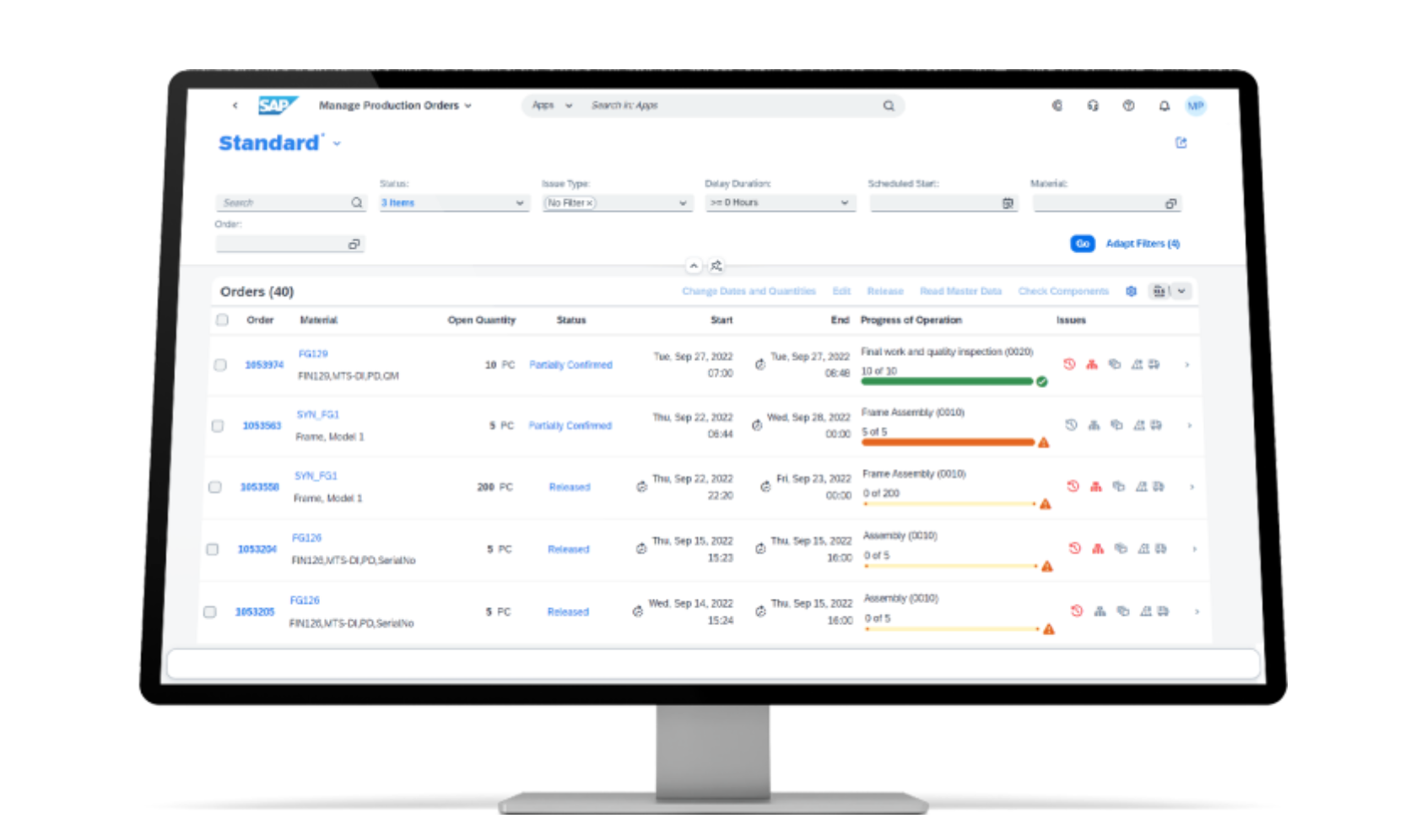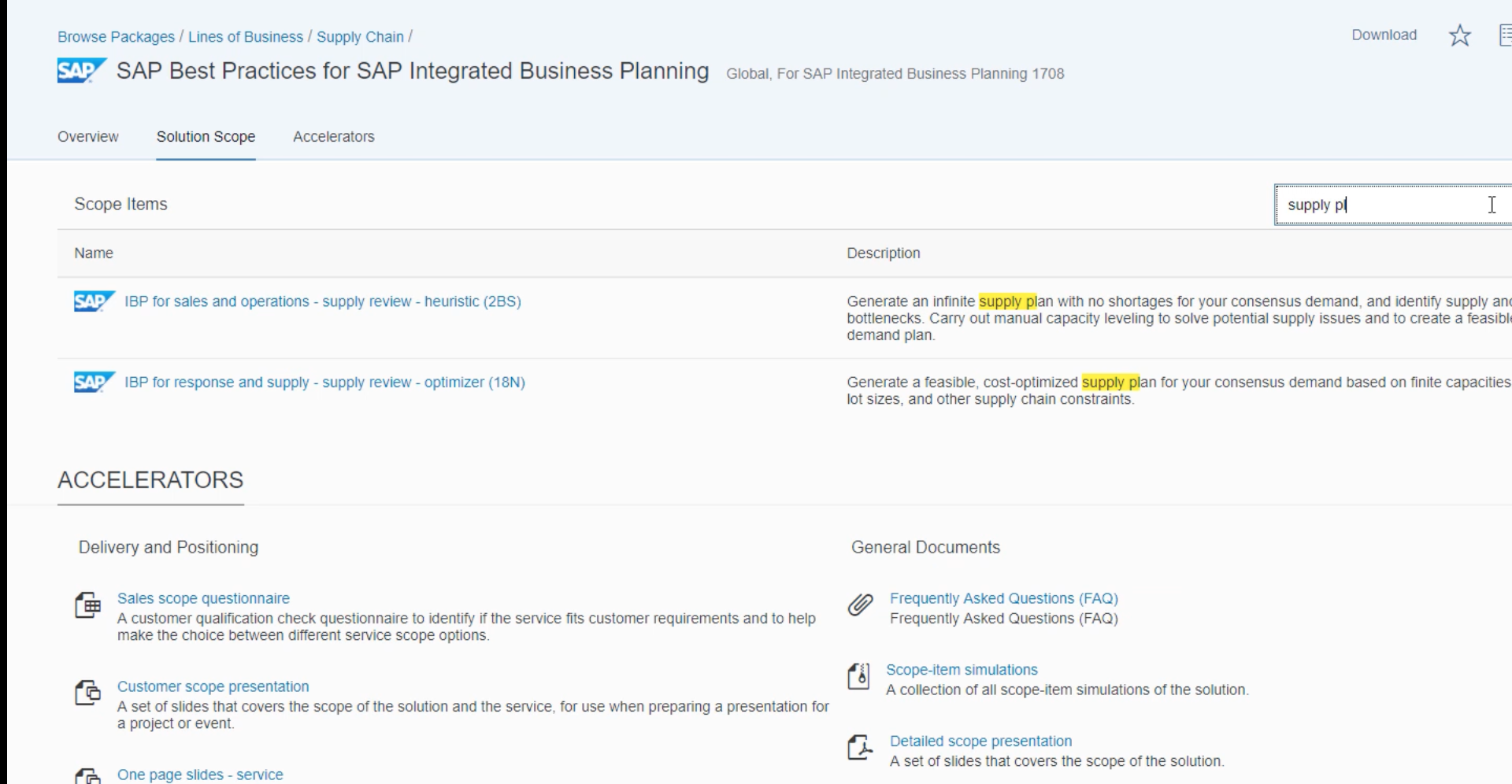In this guide, we independently take a look at the steps you need to take when considering an SAP S/4 HANA implementation including:
1. SAP S/4 HANA - which flavour?
2. Choosing an SAP Implementation Partner
3. SAP Best Practices
4. Building a Team
SAP S/4 HANA - which flavour?
SAP S/4 HANA ERP comes in three different flavours and you need to understand which one is right for your business before you sign contracts and kick off your S/4 implementation project.

SAP themselves are pushing customers towards the Essentials version of S/4 HANA, but this isn't neccesarily the best option for every business.
Let's explore the different flavours of SAP S/4 HANA below:
1) SAP S/4 HANA On-Premise
SAP S/4 HANA On-Premise is what it says on the tin - the On-Premise version which can be hosted in your own datacentre or in your chosen hyperscaler or data centre provider of choice.
If you opt for an S/4 HANA On-Premise implementation project, then you'll also need to ensure that your datacentre or hosting provider can provide the technical prerequisites for S/4 HANA.
You'll also need to ensure that you have an IT team capable of installing the system, managing it and keeping the system online.
2) SAP S/4 HANA Public Edition
SAP S/4 HANA Essentials edition is the native Cloud version of SAP S/4 HANA. Although Essentials is base on S/4 HANA On-Premise version, it has been built from the ground up to run natively in the Cloud.
S/4 Public Edition is the best choice for companies wishing to install a SAP ERP with a low total cost of ownership and fast implementation process.
S/4 HANA Public is hosted and maintained by SAP, making it cheap and easy to install and maintain.
3) SAP S/4 HANA Private Edition
SAP S/4 HANA Private Edition is the same codebase as the On-Premise version, but is hosted and managed by SAP in a hyperscaler or premium datacentre provider of your choice such as Amazon Web Services, Google Cloud Platform, Azure and a few selected other partners.
Implementing S/4 HANA Private Edition is the best choice for companies in complex and regulated industries such as pharmaceuticals, aerospace and defence, public sector or government and those that want more control of their deployment.
Although S/4 HANA Private Edition gives you more control over your IT infrastructure and application, the cost of implementing and maintaining the system is higher than the Public Edition.
Choosing an SAP Implementation Partner
You'll need to recruit the help of a SAP implementation partner or systems integrators when implementing S/4 HANA. SAP S/4 HANA implementation partners bring knowledge, experience and best practices to your implementation to make sure things go to plan and budget.
There are many different types of SAP implementation partners to choose from, so lets explore the options...
SAP Systems Integrators
Larger 'systems integrators' can bring a wealth of resources and global coverage to your SAP S/4 HANA implementation.
The likes of CapGemini, Accenture, IBM, Deloitte, PwC and KPMG to name but a few can implement S/4 HANA worldwide, across multiple industries and can bring in resources to specialise in almost any requirement.
On the other hand, larger SAP systems integrators are often criticised for being large, unwieldy and hard to work with on smaller, more agile SAP implementation projects.
SAP Partners & Resellers
If your business doesn't want to work with a large, global systems integrator, then you may wish to opt for a SAP reseller or partner. This is often the preferred route for small and medium sized organisations that wish to work with an equivalently sized SAP integrator.
SAP classifies it's partners and resellers into various different categories, as well as provides yearly awards that recognise their most competent, innovative and best implementation partners.
Read our guide to selecting an SAP implementation partner here, where we also rank some of the best SAP integrators in the field.
SAP Best Practices
SAP S/4 HANA is a complex but enterprise grade ERP system that has endless possibilities and can be configured, customized or integrated with external systems to meet almost any business requirements.
But with all of that power, can come great complexity and to simplify things, SAP has it's own set of out of the box business processes to kickstart your S/4 HANA implementation.
By leveraging SAP Best Practice processes you can reduce the cost, timeline and risk of your SAP implementation and avoid reinventing the wheel and creating business processes and configuration from scratch.

Implementation of SAP ERP used to be the opposite of this. The system would be moulded, configured and customized to meet your business processes - requiring minimal change management, but incurring large consulting fees, lengthy implementation projects and a high degree of risk.
Whilst it's important to ensure SAP S/4 HANA meets your business process requirements and that you cater to business processes that require you configure or customize the system, we recommend adhering to SAP best practice as much as possible.
Finally, SAP Best Practices don't remove the need to have a SAP implementation partner, or reduce your consulting fees to zero, but they will help considerably. An S/4 HANA implementation partner will still be required to perform a high degree of configuration and run you through the show and tell workshops, plus guide the build and testing phases.
Building a Team
As well as hiring the help of an expert SAP S/4 HANA implementation partner, you'll need to have your own team to interface with your partner. Your team also needs to have the right skills, knowledge, bandwidth, empowerment and motivation to get the job done.
The size of your S/4 HANA implementation project will determine how big that team needs to be, but at minimum you'll need:
S/4 HANA Implementation Project Manager
You'll need at least one SAP S/4 HANA implementation project manager internally to manage your entire end to end project and ensure that you meet your objectives on time and on budget.
For larger implementations of S/4, you may also wish to hire additional project managers for each functional area, such as finance and accounting, logistics, sales and distribution, supply chain and more.
As well as hiring an implementation project manager for your S/4 HANA implementation, we also recommend setting their KPI's and assigning a bonus towards the projects success.
S/4 HANA Key Users
One of the core themes of adopting S/4 HANA as your new ERP system is to empower and appoint key or super users of the system and having them be part of the S/4 installation process.
For example, you may want to appoint your Head of Finance or Financial Controller as a key user for Finance. Your Financial Controller will then be able to ensure that the system is designed and built to meet your requirements and they can act as a key resource in troubleshooting adoption or other types of issues during testing, go-live and beyond.
You should also put in place other key users across the different departments that will form part of the system, such as in supply chain, logistics, production, procurement and beyond.
Executive Sponsor
Implementing SAP S/4 HANA requires that your organization has an executive sponsor who is willing to dedicate time and focus to the project.
Inevitably, implementing SAP is not easy and comes with a lot of risks and will undoubtedly have ups and downs during the process.
An executive sponsor is a key part of your SAP implementation team and can help to push you through the hard times and celebrate when you're implemented succesfully.
Change Management
If you've read the section above on SAP S/4 HANA Best Practices, then you'll understand that change management is a big part of your S/4 HANA installation journey.
Change management professionals can help your organization to understand the impact of your S/4 HANA implementation, quantifying the benefits, but also the changes to your employee profile and day to day activities, training and enablement plans and communicate effectively.